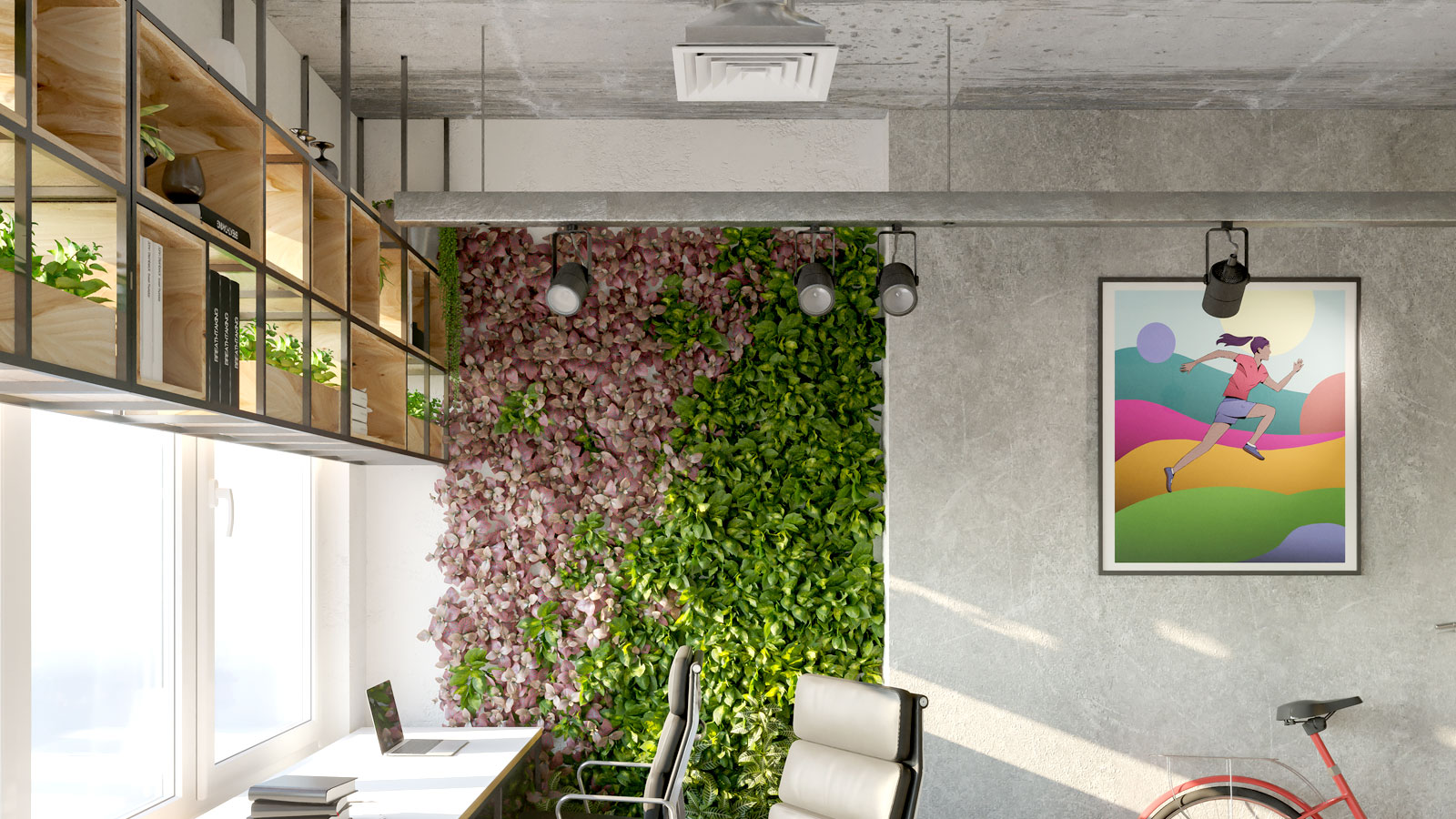11 brilliant budget garden ideas: beautify your space for less
Our round up of the best budget garden ideas out there is here to help you knock your garden into shape without spending a fortune
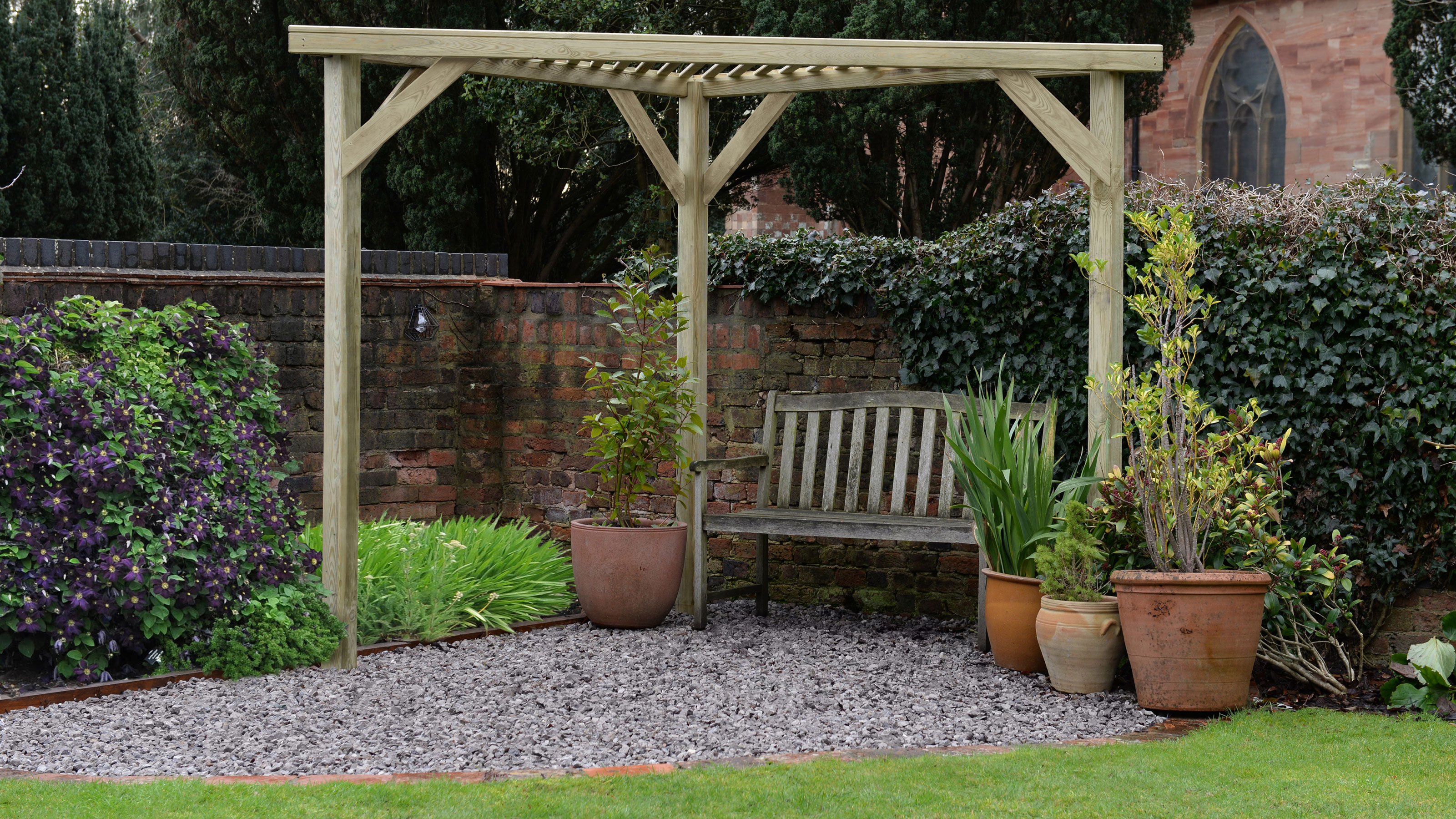
With warmer months ahead, budget garden ideas are likely to be something on many people's minds — keen to get their outside spaces ready to enjoy but conscious of saving a few pennies along the way.
The good news is that a new-look garden need not cost the earth. There are plenty of jobs you can do that will quite dramatically change the way your garden looks, as well as how you can use it, that can be carried out for very little money.
"Many of us are feeling the pinch; fuel bills have rocketed and the cost-of-living crisis continues. But this doesn’t mean you can’t update your garden in small and meaningful ways to make it feel fresh, useful and appealing," says Jenny Davis, marketing manager of Forest Garden. "Small changes to your garden landscaping ideas can have a big impact, so don’t let tight budgets stand in your way."
Here, we take a look at 11 of the best ways to beautify your garden for less.
Budget garden ideas using what you have
As well as introducing new elements into your garden design, when it comes to gardening on a budget, it is also important to look around at what you already have — very often, existing features and elements can simply be improved upon to spruce up the space.
Reusing, repurposing and recycling everything from furniture, old bricks and bits of timber and containers will not only save you money but is an eco-friendly way to garden too.
Don't forget to tap into your neighbours and friends — they may well have items and materials left over or that they no longer need that are just crying out for a new lease of life. Your local recycling centre or tip could also be hiding some garden gems — and boot fairs can be a budget gardener's best friend for everything from furniture to plants.
1. Create zones and height
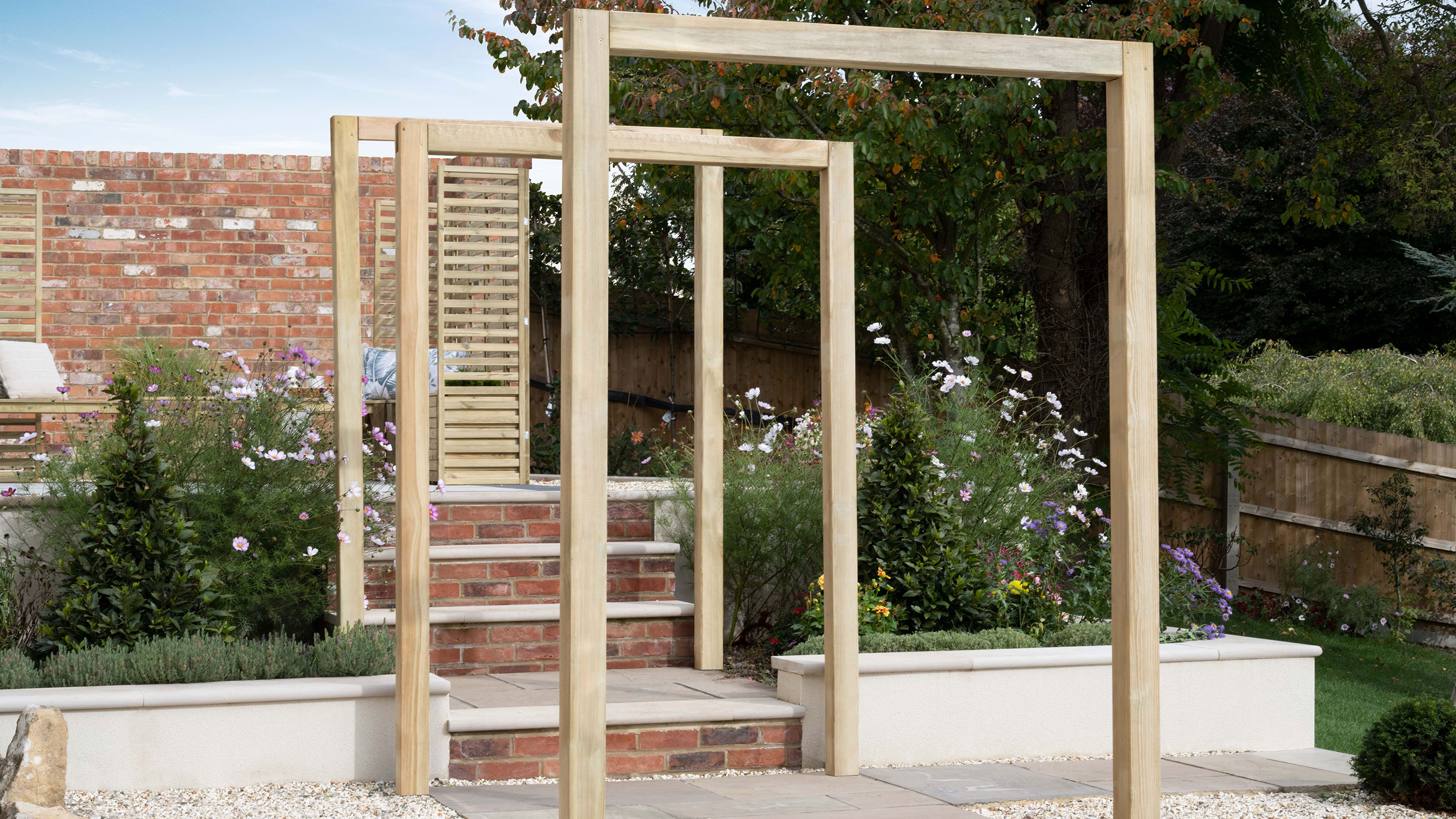
If your garden is currently looking a little uninspiring, it might be time to add a little shape and interest.
There are lots of ways to do this, from adding different levels with a raised deck, to using structures, such as archways and small scale, simple pergolas. This tip isn't just for those working with larger gardens either — anyone after small garden design ideas should really look into ways of zoning the space too.
"A wooden archway or pergola is an attractive addition to any garden. These structures really can change the look of a garden instantly, adding height and dividing different sections of the garden in a pleasing way," says Jenny Davis.
"Structures like these have the added bonus of providing support for flowers and vegetables to grow up. Why not select an arch to separate zones in your garden, or consider using a pergola to mark the route of a path or to create a seating area?"
2. Clear up your clutter
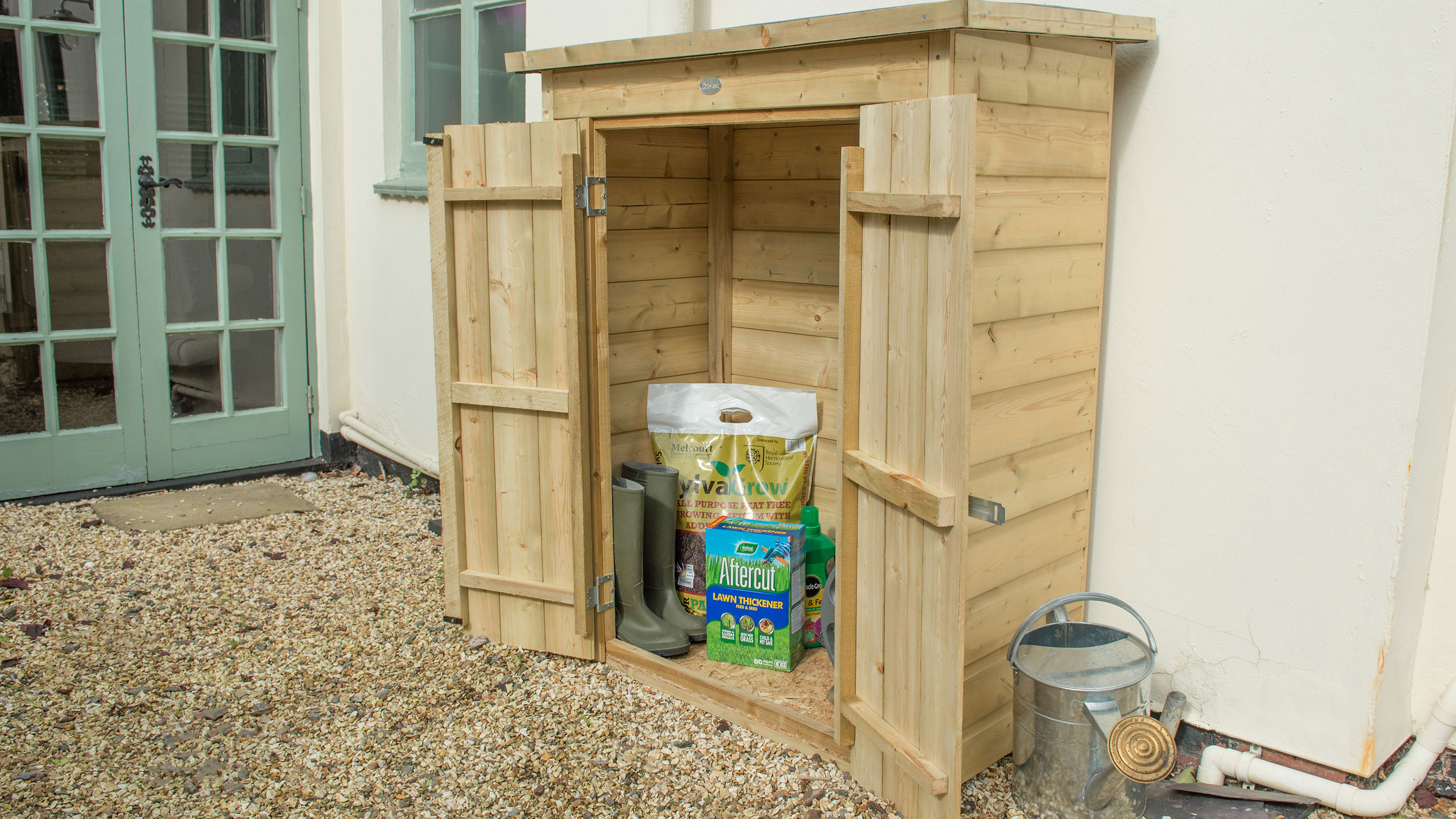
Sometimes it is the simplest of tasks that can end up having the biggest effect on the look and feel of your garden. While they might take a little elbow grease, jobs such as weeding, cutting back overgrown shrubs and plants and tidying up pots, tools and other garden clutter will have a huge effect on how you feel about the space.
While simply having a good clear out is a great idea, it might be necessary to invest in a few good garden storage ideas too in order to get the space shipshape.
While a new shed might be too expensive, there are plenty of other items that will cost less but really help bring order to the chaos. Consider garden storage boxes or garden seating with lift up lids. Don't forget to think about log store ideas either — essential for those with wood burning stoves or open fires.
"You may have decided that now is the time to get the garden organised before spring, and you could really do with a storage solution — perhaps a storage box or a small shed?" says Jenny Davis. "Many of us have garden tools, brooms and mowers lying around, which really need protecting from the elements. Or maybe it’s garden toys, wellies and paddling pools that you’re tripping over."
3. Get growing veg in a DIY raised bed
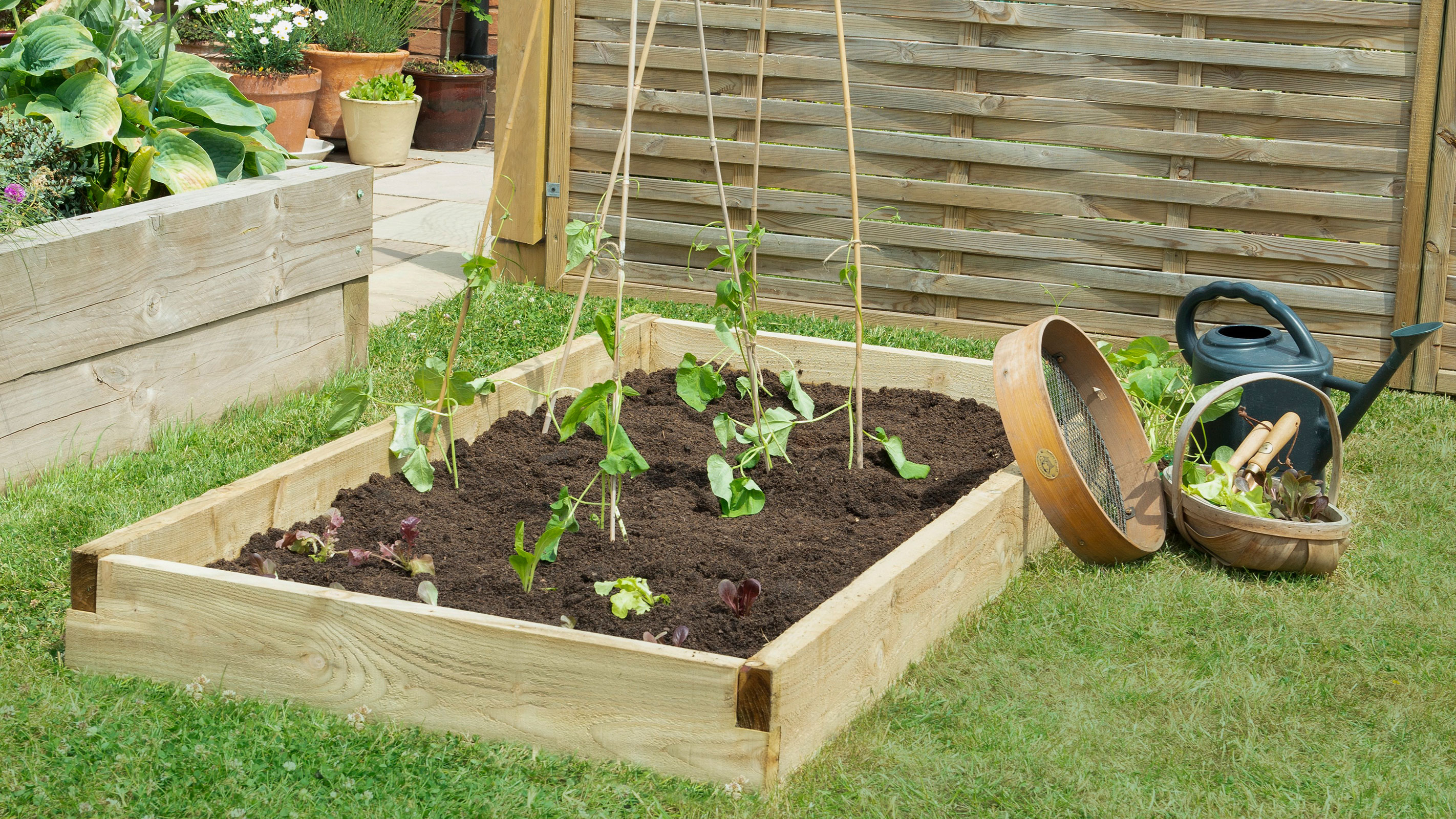
Building your own raised beds will not only improve the productivity of your garden, but could also save you money on fresh produce in the long run — particularly during current fresh produce shortages.
"There is nothing better than wandering out into your urban space, however big or small, and picking your fruit and veg, creating a spontaneous dinner just for yourself or for friends and family. And I promise you that you don’t need to spend a fortune in order to do this," says urban gardener Alessandro Vitale in his new book, Rebel Gardening. "There are many different cost-effective ways to do it so that gardening can be a fun and life-changing activity with minimum expense.
"Building a tall raised bed can be expensive depending on the materials used, but it doesn’t have to be! I have built some of my raised beds from scraps I’ve found lying around, but doing this could take a bit of extra time, particularly if you are not really into DIY.
"Metal raised beds are becoming more and more popular due to their high durability, affordability and low maintenance, as they don’t rot, swell or shrink with moisture (unlike wooden beds)," continues Alessandro. "You can purchase a ready-made one or make your own using corrugated metal sheets and a metal or wood frame.
"A great, cheap way to build a wooden raised bed would be to go to your local DIY store and ask them for a palette collar — most of the time they will give them to you for free or for a very cheap price. If you can’t find any, have a look online and you can often pick them up cheap or people give them away for free if you are able to collect them. Palette collars are stackable and you can build your raised beds to different sizes depending on your needs. I would start with just two to have an ideal raised bed."
Alternatively, you could buy a ready-made raised bed and get planting.
"Raised beds make neat and attractive places to grow vegetables. They’re easy to maintain and they drain well, meaning that you can often plant your veggies earlier in the season," says Jenny Davis. "This small investment will save you money throughout the summer as you’ll be able to grow your own soft fruits, salads and vegetables."
4. Create some curvy borders
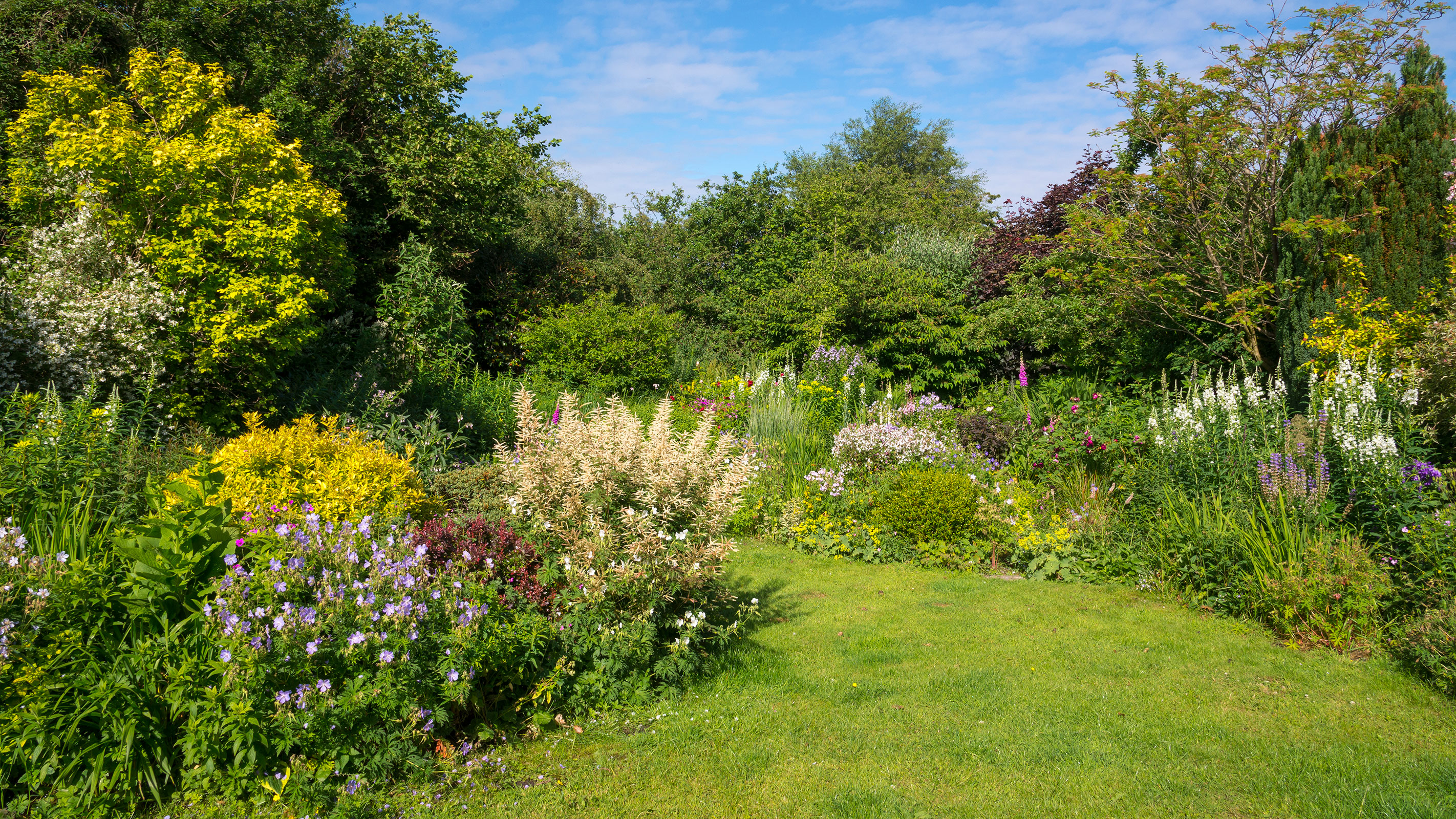
This idea costs no money at all — just a little bit of your time, creativity and effort. If your garden is currently looking rather one dimensional, introducing shape to the space through your lawn ideas will instantly add interest. Plus, beds full of flowers and shrubs will not only beautify the space but will also attract wildlife.
"Curved outlines create a tranquil, peaceful effect and we feel invited to meander and explore. Curves are also seen as more natural shapes and so curved lawns help soften the edges of a garden and blend one element into the next," say the experts at Alda Landscapes.
"Large lawns can benefit from using generous, sweeping curves. The key to a successful curvy design is to use large, full curves rather than small ones. Small, complex curves can make the space look too busy and can be very difficult to maintain."
5. Give old decking a makeover
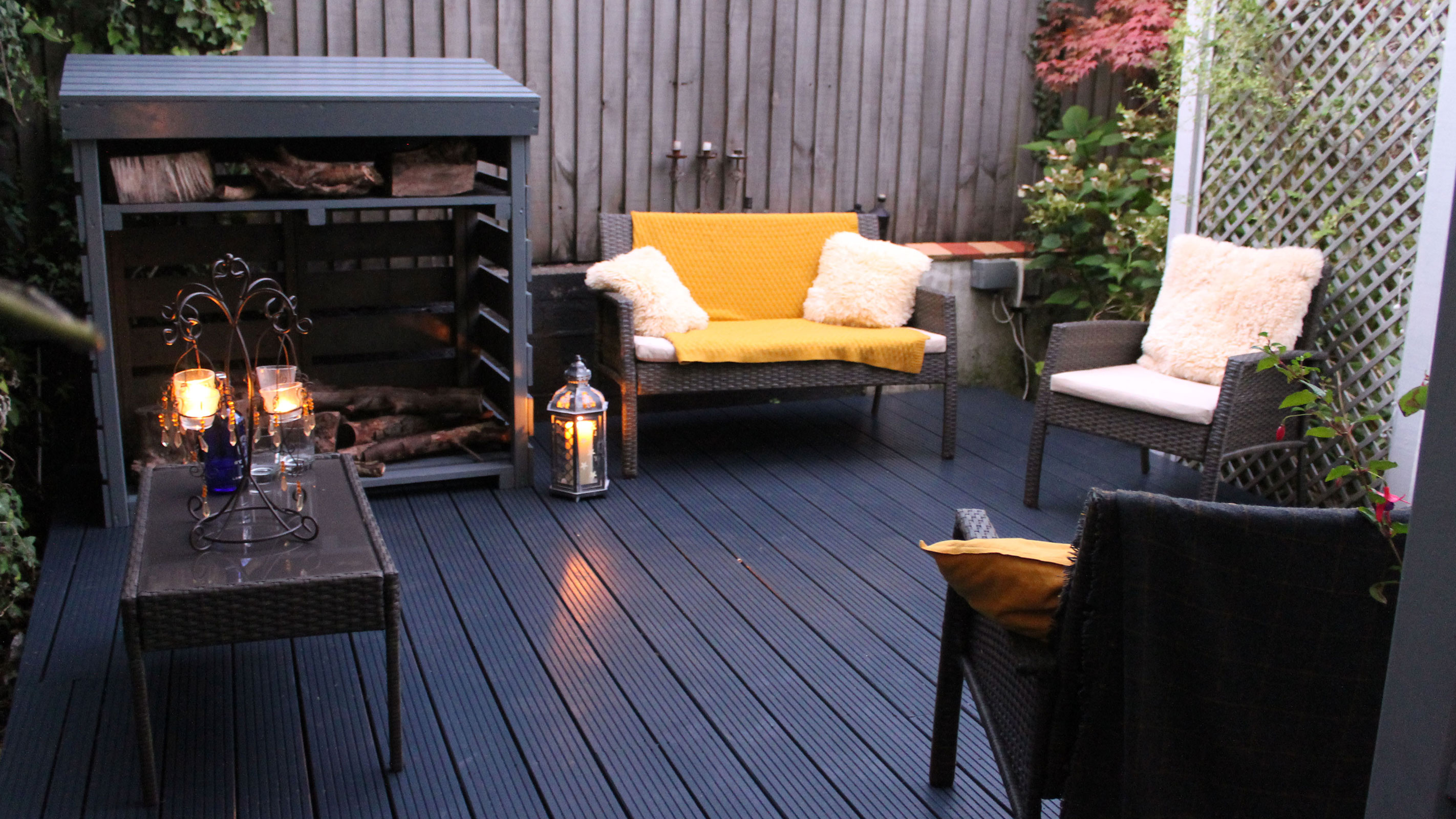
If you have garden decking that has been in place for several years, it is likely to be looking a little tired. Don't underestimate the power a lick of paint can have on bringing it back to life. Painting decking will turn it into a feature to be proud of and ensure you and guests will be drawn to the space.
Make sure that you thoroughly clean and prepare the deck before getting started — otherwise you risk wasting the money you spent on the paint. After cleaning the decking with a stiff long handled broom use a deck cleaner and finish with a jet/pressure washer to get it clean and leave to dry. You will then need to sand the deck and apply a primer.
It is best to use an exterior wood paint or one of the best decking paints here — not only will they change the look of your deck but many offer anti-slip properties too.
6. The grass really can be greener
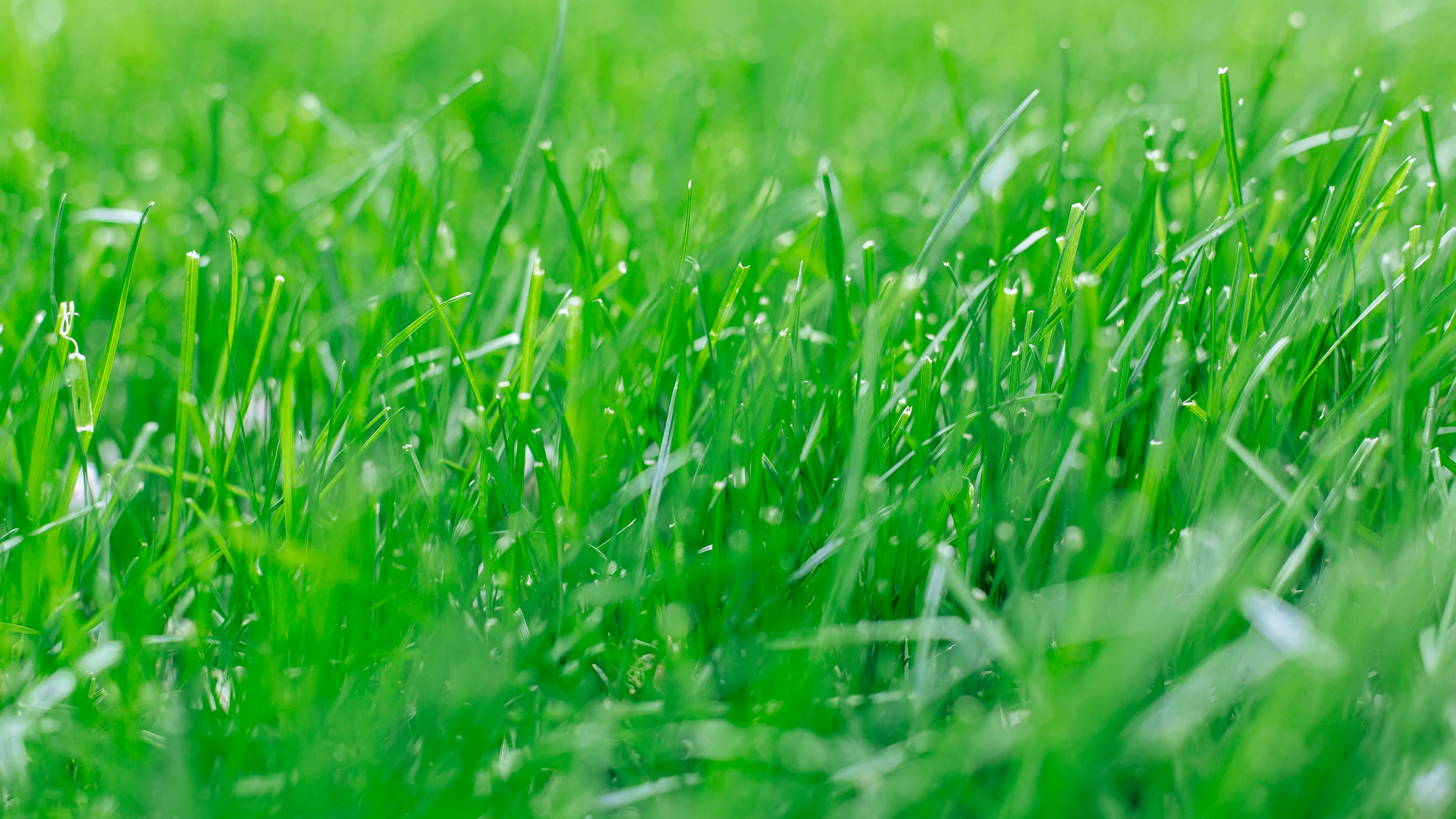
Lawn looking a little patchy? It may be time to find out how to sow grass seed. This is a job that costs relatively little yet will have a massive impact on the overall look of your outdoor spaces. This is a far cheaper option than laying turf too.
Be aware that there is more to sowing grass seed than standing in your garden flinging it around like bird seed. If you want an even and long-lasting finish you are going to need to put in a little prep first, checking the condition of your top soil, removing small stones and rocks and so on.
"Sowing grass seed in either the spring months – late March and April – or autumn months – September and mid-October – is usually recommended," says Homebuilding & Renovating's Amy Willis.
"It is possible to sow grass seed at other times of the year but bear in mind that if you do so at the height of summer, you will need to water the seed each day and even then the young grass may become parched in the heat and not grow well. This can be particularly labour intensive as well as not being ideal for conserving water at a time with limited water supplies."
7. Spruce up weathered old fences
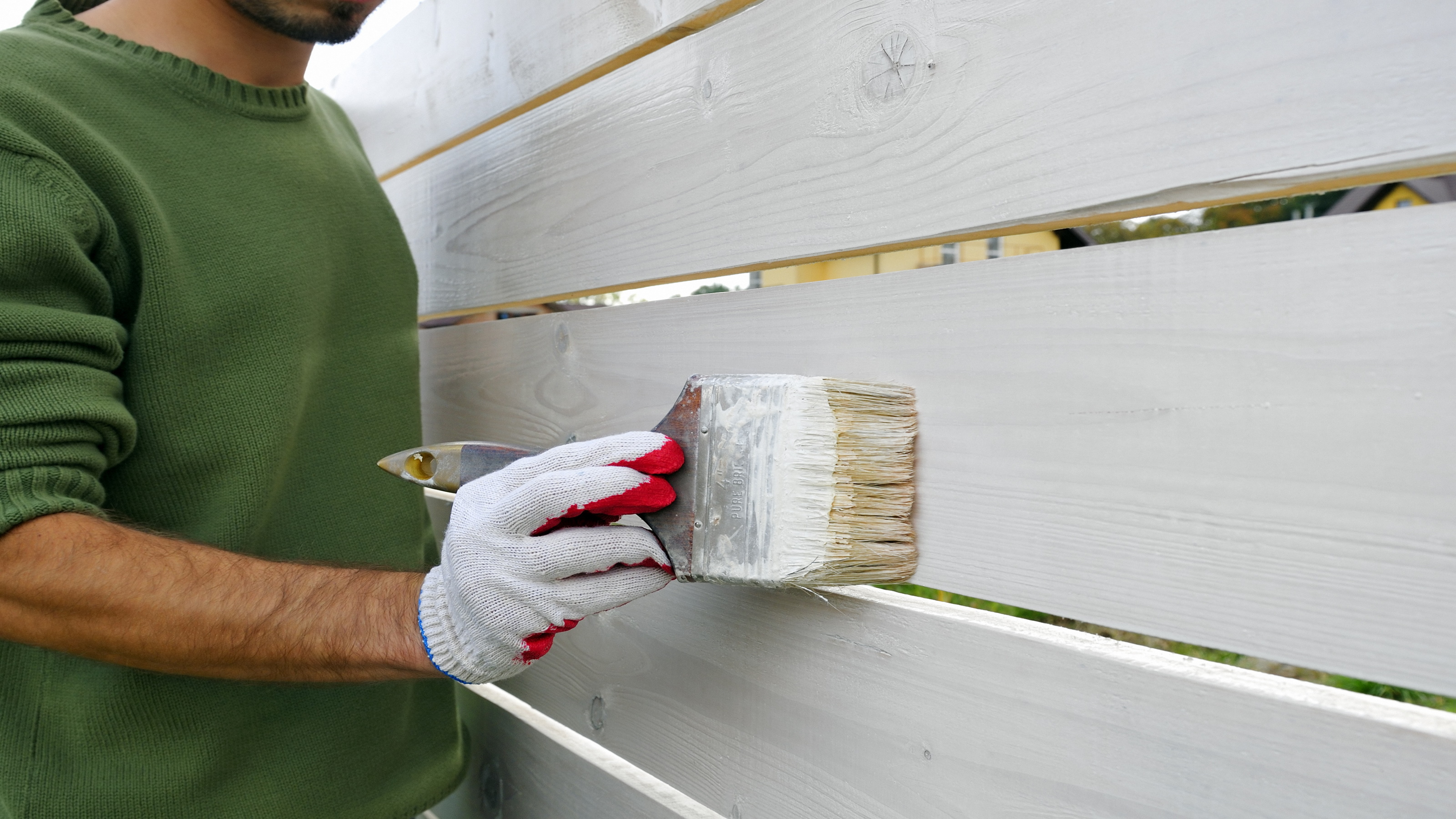
Now is the time to get a little creative with your garden fence ideas. If you have inherited old, cheap-looking fences or your existing ones are showing their age, it is a great idea to pull out the paint brushes and give them a new lease of life.
This is a job well within the capabilities of most DIYers and, providing you arm yourself with the right tools and materials, shouldn't take too long either. In the majority of cases a good-quality brush or spray are the only key items of equipment you'll need, along with a specialist fence paint, of course. (Our DIY guide to how to paint a fence should also aid.)
"If you have an existing fence, you can give it a refresh without spending a fortune," says Leigh Barnes from Jacksons Fencing. "First check for nails and screws — are they still holding firmly? A fence that is broken or leaning not only looks bad but could also be unsafe, so ensure this is rectified with the help of a reputable installer if needs be.
"Instead of going for a completely new fence, replace individual panels or posts that have fallen into disrepair. The new fence panel may have a drastic colour difference initially but as the timber fades it will soon blend with the old fence panels so hang tight. Fencing can be lightly cleaned with warm soapy water and a sponge, cleaning along the grain to prevent damage."
8. Choose gravel pathways
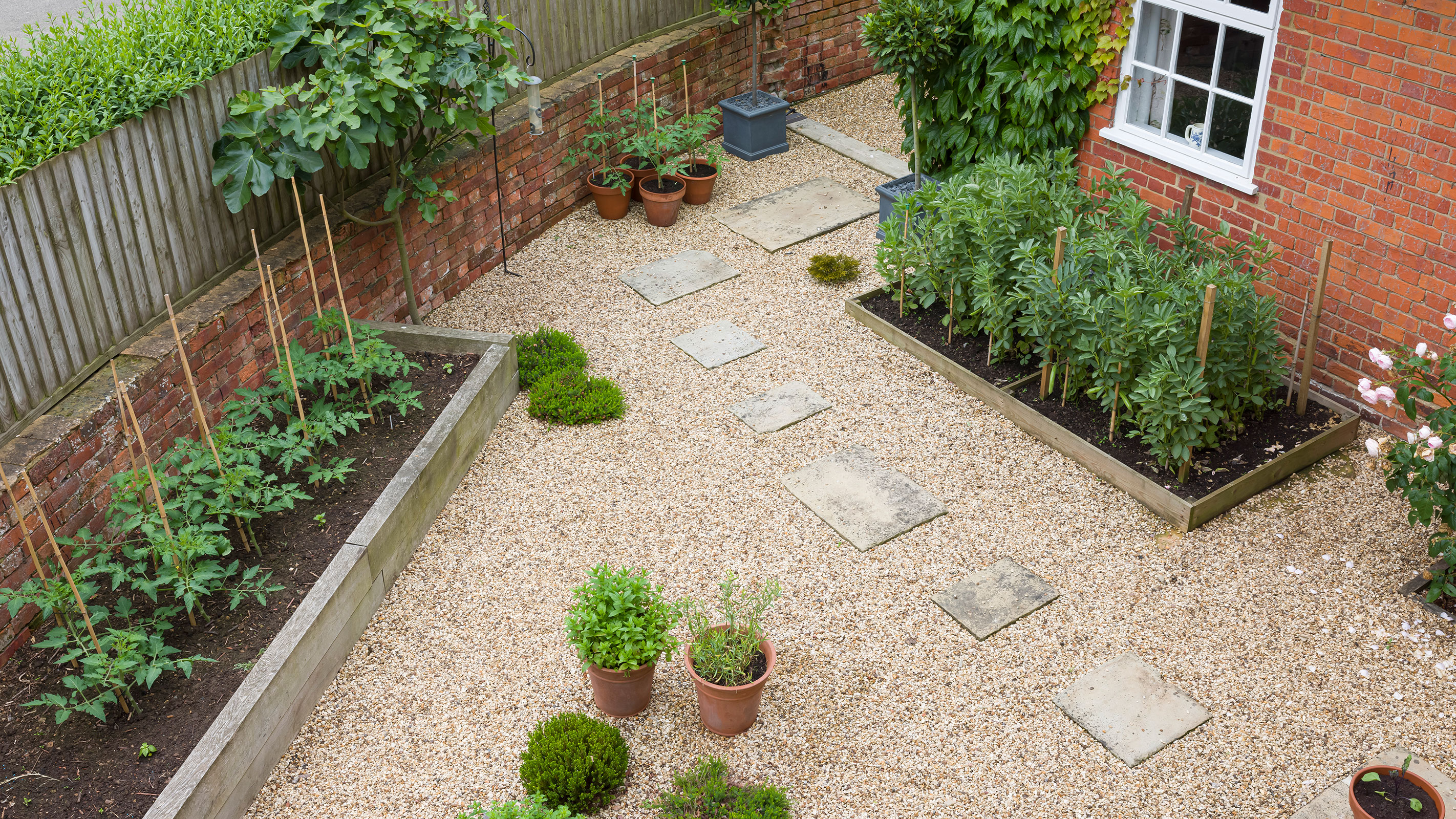
New paths or small corners on which to pop a small bistro table and chairs can add a whole new dimension to the garden, but paving can be expensive. One of the least expensive materials for paths is gravel.
It is quick to lay too. Any loose soil and grass will need to be removed, before you fix a permeable membrane down to stop weeds from coming up between the stones. Gravel should be spread at around 2.5cm deep and raked to achieve a smooth surface. In order to stop the gravel from scattering all over the rest of the garden, be sure to use path edging ideas.
9. Get busy upcycling
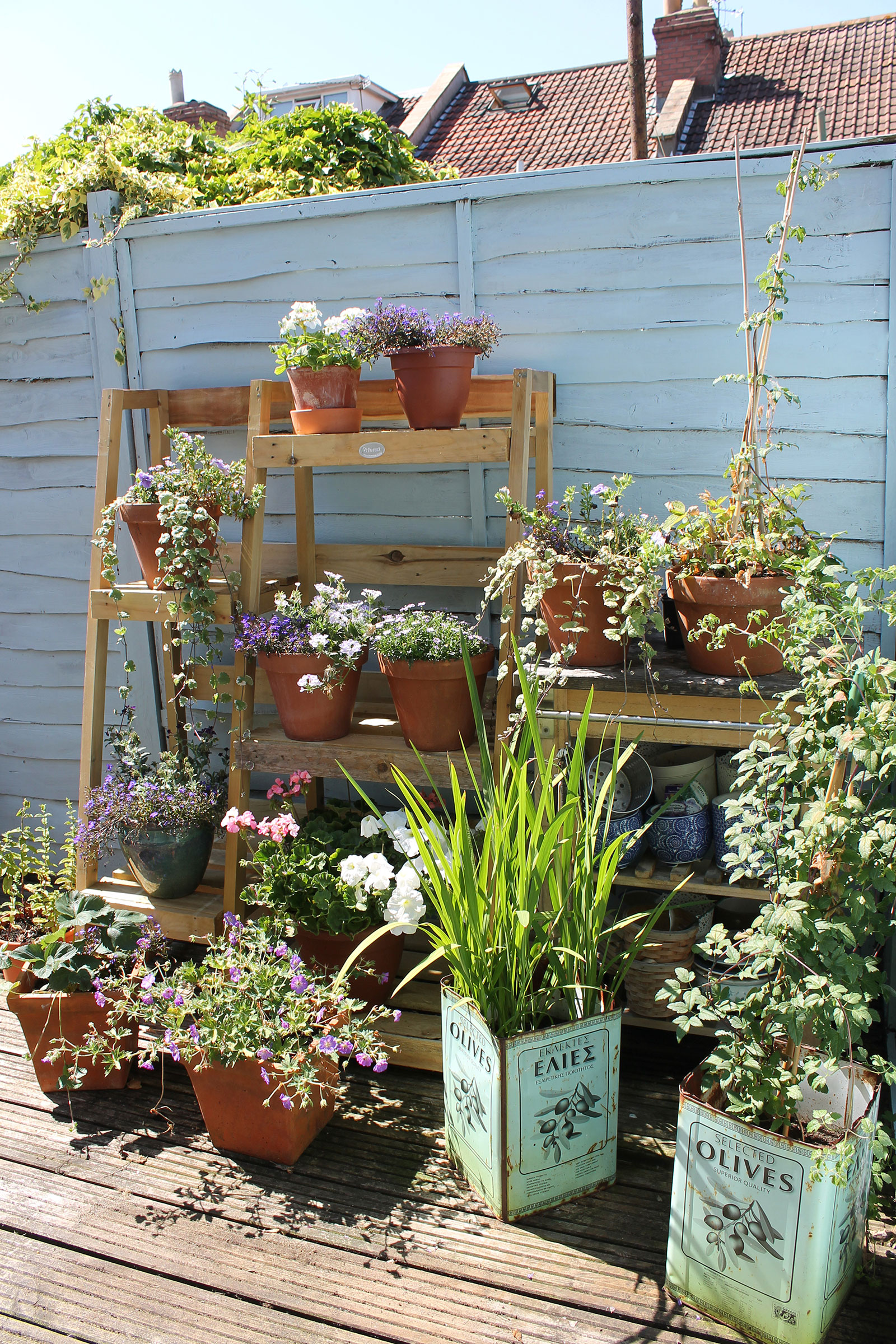
Rather than splashing out on expensive new patio furniture or planters, take a look around at anything you already have that could be repurposed for use as garden storage, tables or containers to plant flowers, fruit and veg in.
Old pallets are great for all of the above, but how about some of your old indoor furniture too? Book shelves, chests and even disused tables can all be taken outside, providing you protect them with preservative or exterior paint.
Pallets can be taken apart to provide timber for furniture, or kept in their original form and hung vertically to form wall planters. They can also be stacked to make seating and tables and painted in bright fresh colours too.
10. Look at ways to cover an uninspiring fence
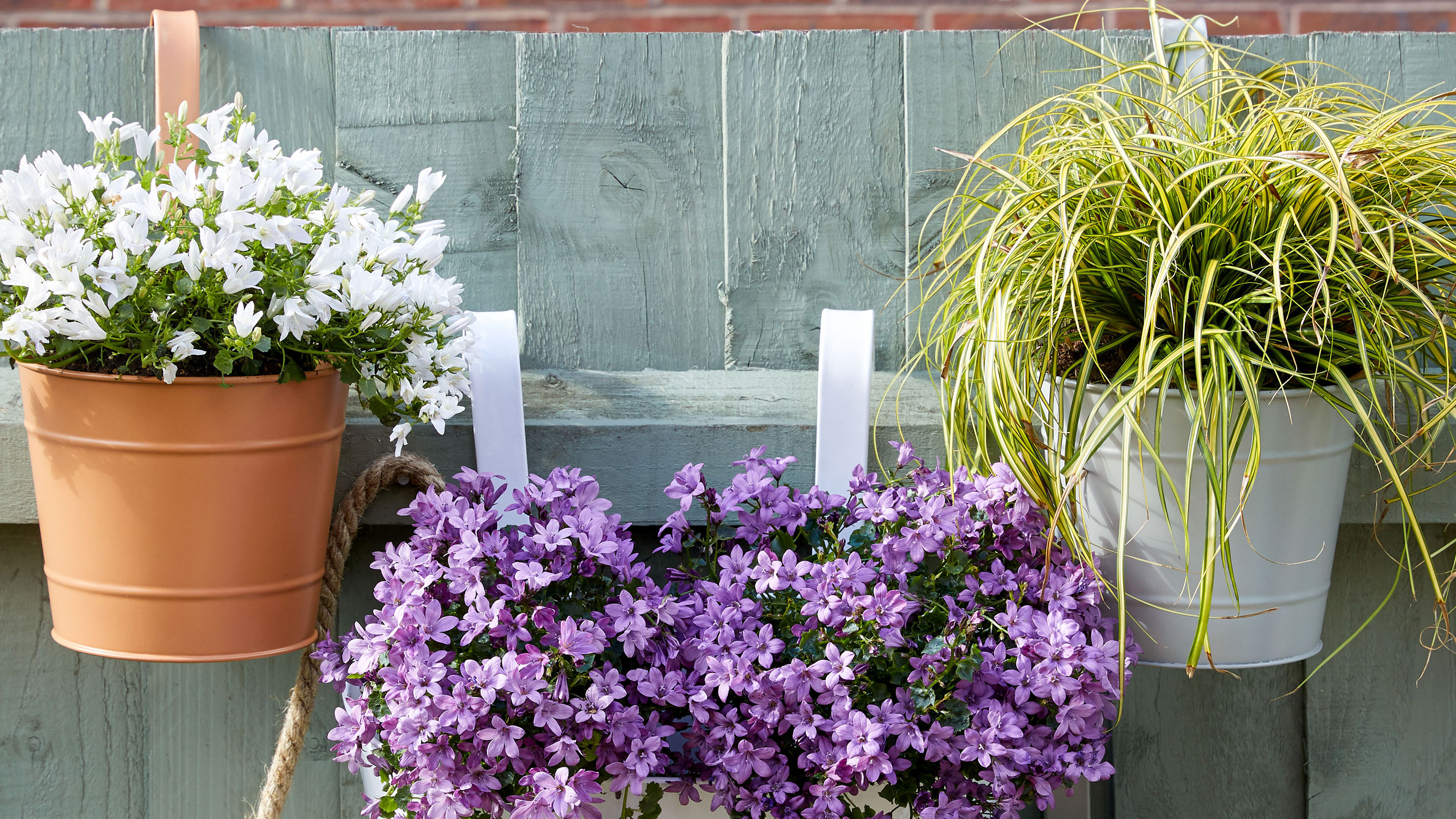
Rather than simply being boring backdrops for the rest of your garden, your fences can actually become features in their own right with the correct treatment — and this need not cost a fortune either.
But, how to cover a boring fence without spending a fortune? The following ideas are all worth a look:
- Paint the fence a stand-out colour: A coat or two of the best fence paint or stain will instantly transform any style of fence.
- Use it as an art gallery: Garden art is hot news right now and all kinds of waterproof pieces are available.
- Install artificial screening: Cheap and cheerful, artificial screening requires no maintenance and creates instant interest.
- Hang planters off the fence: Hanging planters will really brighten up an old fence or wall — you can use all kinds of recycled containers to achieve the look too.
11. Use low-cost lighting to give your garden a glow up
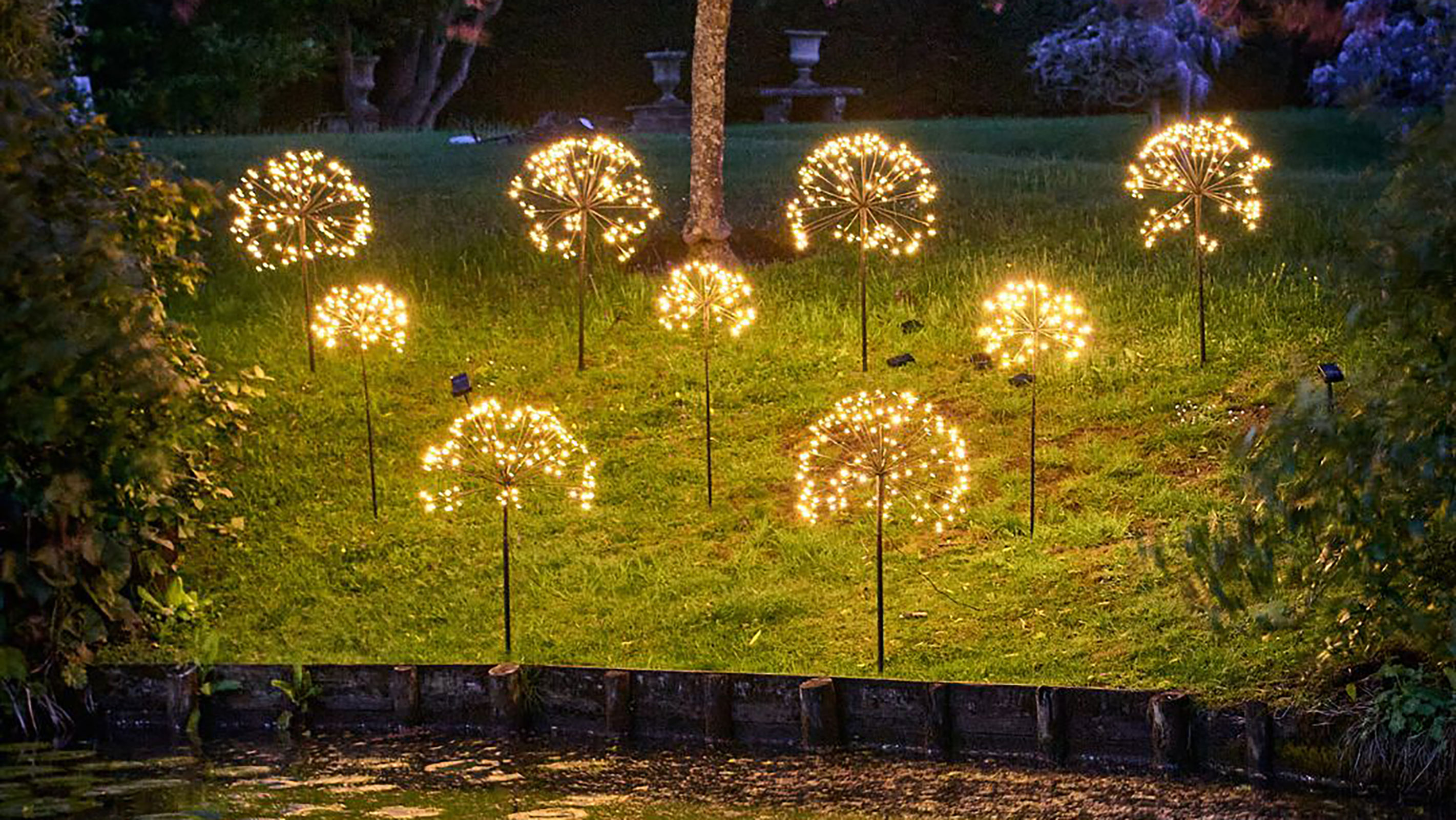
Take a look at your current garden lighting ideas — are they highlighting the areas you want them to or does your garden simply fall into complete darkness once the sun sets?
Adding new lights to your garden need not cost a fortune — there are some great budget ways to illuminate your outdoor spaces stylishly.
Strings of fairy lights cost very little and are often battery powered too, meaning they won't need you to call in the services of an electrician. Hang them off pergolas, arches and fences.
Solar lights are a great idea for those conscious of keeping costs down too. Not only are solar-powered garden lights less expensive than those that rely on electricity, they’re also less disruptive to install. True, they might not offer the same power as those that are mains-powered, but they are a great way to define pathways and edge patios.
Get the Homebuilding & Renovating Newsletter
Bring your dream home to life with expert advice, how to guides and design inspiration. Sign up for our newsletter and get two free tickets to a Homebuilding & Renovating Show near you.
Natasha was Homebuilding & Renovating’s Associate Content Editor and was a member of the Homebuilding team for over two decades. In her role on Homebuilding & Renovating she imparted her knowledge on a wide range of renovation topics, from window condensation to renovating bathrooms, to removing walls and adding an extension. She continues to write for Homebuilding on these topics, and more. An experienced journalist and renovation expert, she also writes for a number of other homes titles, including Homes & Gardens and Ideal Homes. Over the years Natasha has renovated and carried out a side extension to a Victorian terrace. She is currently living in the rural Edwardian cottage she renovated and extended on a largely DIY basis, living on site for the duration of the project.

